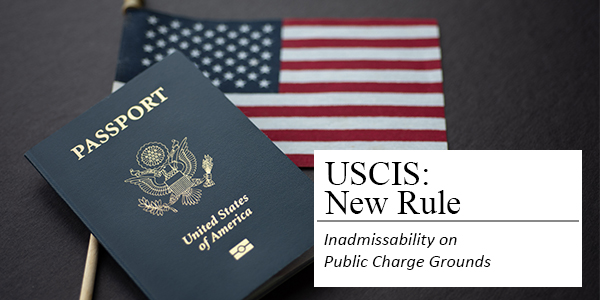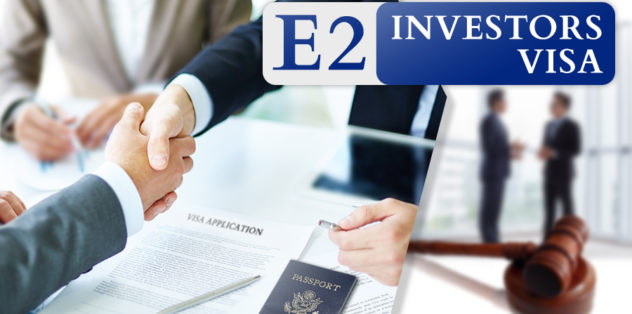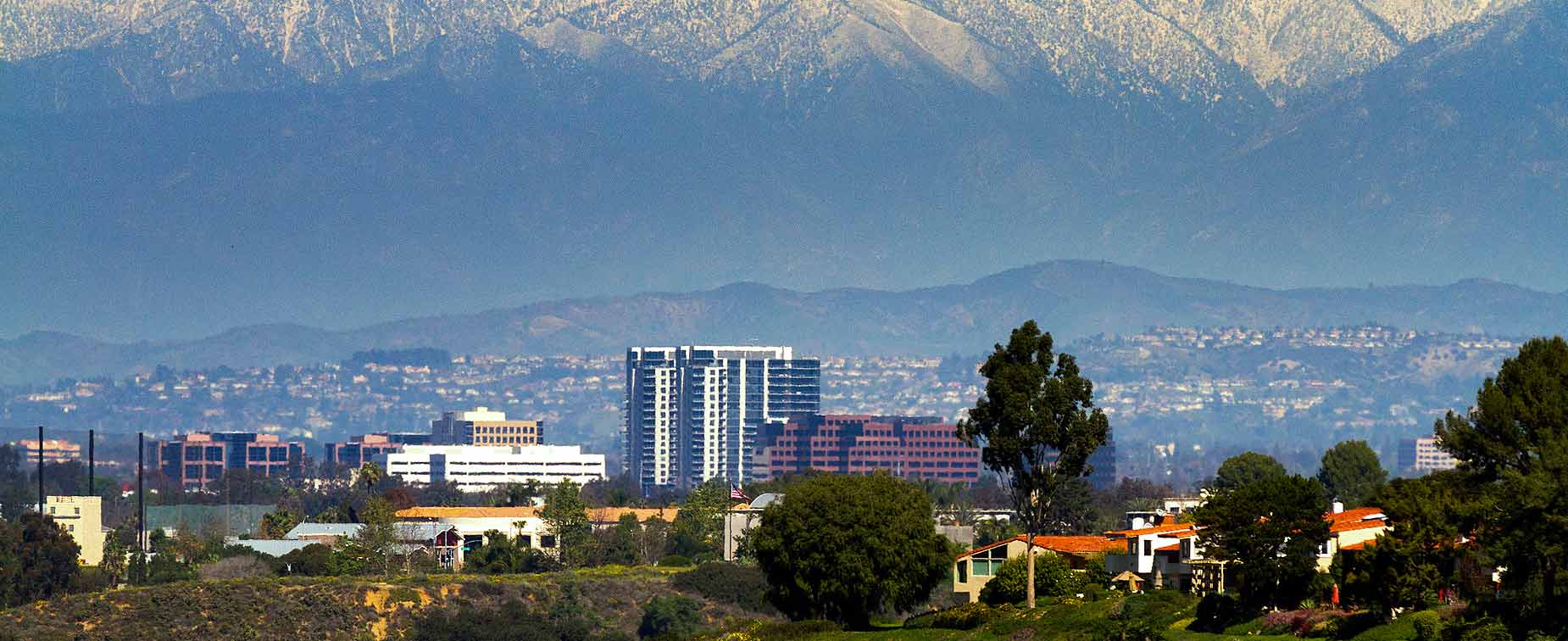J1 Exceptional Hardship Waiver
J1 Visa holders with an annotation of Section 212 (e) of the Immigration Nationality Act (INA) are subject to the two-year residency requirement. It is, therefore, mandatory that the J1 individual must return to their home country at the end of the J1 course program and stay in the home country (not elsewhere) for two (2) years OR request for a waiver from such restriction.
The J1 visa is a cultural exchange program, and thus, the US government wants the J1 beneficiary to share the newly acquired skills, knowledge, and experience with her home country during the two-year period. This requirement is disclosed to the J1 beneficiary before she enters US soil.
The two-year requirement may be waived if the J1 Visa Holder requests for a waiver on the grounds, among others, that such home residency restriction will cause exceptional hardship to the J1 visa holder’s U.S. Citizen or Lawful Permanent Resident (LPR) spouse or child (Qualifying Relative). Parents are omitted.
There is no hard-and-fast definition of “exceptional hardship” because the case will be decided on the basis of the “totality of circumstances”. Common factors in assessing exceptional hardship are:
• Economic
• Medical
• Health Condition and Dependence of the Qualifying Relative to the Applicant
• Home Country Condition
• Psychological
• Social
• Cultural
• Educational
• Language Barrier
There is no statutory or jurisprudential requirement that all the foregoing factors should be present. As explained above, the jurisprudential standard is just to analyze the totality of circumstances to arrive at a fair and reasonable decision. Both the US Department of State (DOS) and U.S. Citizenship and Immigration Services (USCIS) are tasked to determine if some or all the foregoing factors will be experienced, based on the submitted pieces of evidence, by the qualifying relative if SEPARATED (stays in the U.S. while the J1 individual serves the two-year restriction) or MIGRATES OR JOINS with the qualifying relative in the home country while serving the two-year residency restriction.

• Register with the DOS Waiver Review Division (WRD) by filling out the online DS-3035. After completion, there will be instructions to download and print out the completed Waiver Application, Third-Party Bar Code, and other documents;
• Mail the Waiver Application with supporting documents and filing fee to the WRD;
• File USCIS Form I-612, Application for Waiver of the Foreign Residence Requirement with supporting documents and enclose the Third-Party Bar Code so that USCIS will have a point of reference of the pending DS-3035 with the DOS;
• Normally. USCIS issues a Request for Evidence (RFE). The applicant must respond to the RFE within the given deadline;
• If the USCIS finds exceptional hardship, it will recommend your case to the DOS by submitting a transmittal form I-613 to the WRD;
• The WRD returns the form I-613 to the USCIS with either a recommendation of “granted” or “denial” (at the bottom of form I-613) of the Waiver Application;
• If “Granted,” the WRD will directly email the J1 Waiver Applicant of such approval. Shortly thereafter (nowadays in about a month or less), the USCIS will send an Approval Notice (of the USCIS Form I-612) to the J1 Waiver Applicant;
• If the WRD “Denies " the waiver application, the USCIS is bound to also deny the USCIS Form I-612, as the rules require that BOTH the USCIS and DOS approve the Waiver Application. Once approved, the J1 Waiver Applicant becomes eligible to apply for Adjustment of Status (apply for a Green Card) or merely Change Status (apply for another non-immigrant status such as B1, F1, H1B, L1, etc.).

Proving exceptional hardship in a J1 Waiver Application (USCIS Form I-612) is one of the most challenging and complex immigration procedures. Often, the applicant is saddled with the “exceptional hardship” and seemingly insurmountable burden of proving facts and circumstances convincing enough to merit approval. J1 Waiver Applicant must provide sufficient documentary evidence to support the claim of exceptional hardship. Collation of these pieces of evidence is tedious, time-consuming, and sometimes frustrating that is why it is important that the J1 Waiver Applicant and legal representative work as a team and navigate through the whole process with extreme patience, resourcefulness, and a positive mindset.
We have observed that the more qualifying relatives the J1 individual has, the more chances of approval based on jurisprudential precedent. For example, if the J1 waiver applicant has a US Citizen spouse AND a US citizen child or has US citizen twins who will sustain the required exceptional hardship, the USCIS tends to be lenient or favors approval of the waiver request under the circumstances. Just the same, exceptional hardship must still be exhaustively and persuasively articulated. There is no room for complacency.
We have likewise observed that it is very difficult to prove the exceptional hardship of a US Citizen spouse if “separated” from the J1 individual as USCIS often tries to discount the alleged enumerated hardships as mere ordinary difficulty arising from normal incidents of separation. On the other hand, proving exceptional hardship of a US Citizen child, separation hardship is given or automatically recognized but the more difficult task is proving exceptional hardship if the child migrates or joins with the J1 parent while serving the residency requirement.
Due to the complexity and difficulty of the J1 Waiver Exceptional Hardship procedure, it is highly recommended that you consult an experienced, honest, and reputable immigration attorney. Yes, while it takes a lot of our professional hours, we still believe that our main purpose is to HELP the J1 Waiver Applicant. By “helping,” we mean charging very reasonable and affordable fees.

Understanding US Immigration Laws can be challenging, and you may have questions after reading this article. To get immediate answers, you can speak directly with a US Immigration Lawyer in California. I encourage you to inquire through our consultation Here
If you’re seeking US Immigration Services, Ponferrada Law Offices provides excellent, quick, and high-quality legal services with fast communication at the most affordable rates.













